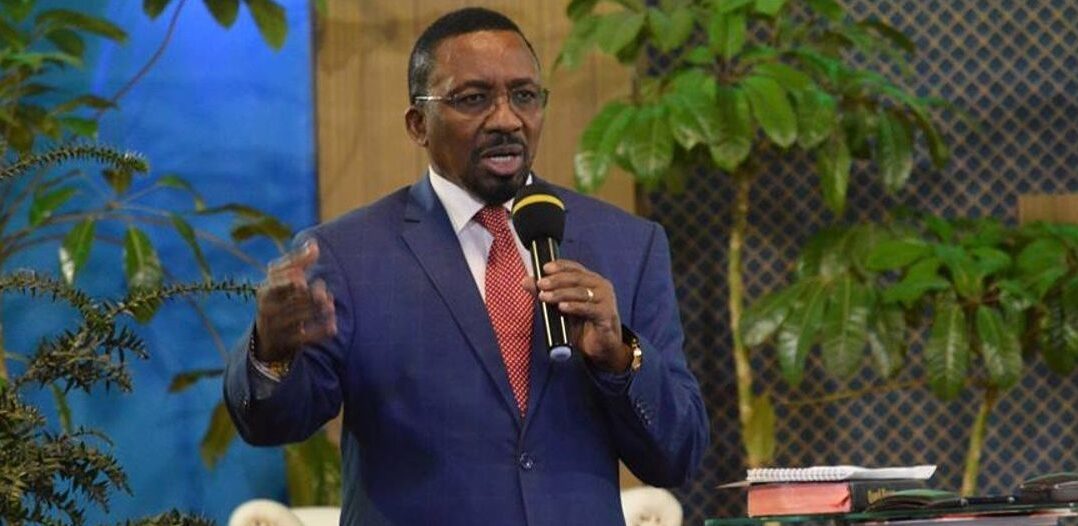The Atheists in Kenya Society has appealed to the Director Of Criminal Investigations to arrest Pastor James Maina Ng’ang’a of Neno Evangelism.
The society referred to the controversial preacher as a fraud who extorts money from his followers.
Through a statement to the media, which was signed by the chairman of the community Harrison Mumia and also published on their X page, Atheists claimed that the clip of pastor Ng’ang’a mocking the offering of one believer of Ksh500 goes against morals.
They claimed that Ng’ang’a’s act of saying that he cannot accept an offering of 500 shillings for special prayers makes him like a fundraiser and not a pastor.
“We want the DCI to arrest pastor James Ng’ang’a, who we see as a fundraiser and a crook. Pastor Ng’ang’a has had the habit of robbing unsuspecting believers and taking money from them by force, hiding behind the name of God and the Bible. His window is the hopeless and the poor… he uses fake miracles and lies about the unsubstantiated actions of the holy spirit,” part of the statement read.
“Due to the difficulty of life, many Kenyans have lost hope in their efforts to earn a living, Pastor Ng’ang’a has taken this opportunity to promise them miraculous blessings that have no meaning. Fraud of any kind should not be accepted in Kenya. We want all Kenyans to distance themselves from Pastor Ng’ang’a and his church,” they further said
The atheists also highlighted their concern about Pastor Ng’ang’a allegedly taking advantage of vulnerable individuals by promising them miraculous blessings without substance.
We appeal to the Directorate of Criminal Investigations (DCI) to arrest Pastor James Maina Ng´ang´a. Pastor Ng’ang’a is a fraudster and a conman. @DCI_Kenya @Tuko_co_ke @KTNNewsKE @StandardKenya pic.twitter.com/C0X2x077WU
— Atheists In Kenya Society (@AtheistsInKenya) November 22, 2023
This is not the first time for Atheists in Kenya to highlight controversial religious activities. They also once proposed the banning of prayer services in schools and government offices.
At the same time, they claimed that places of worship should be taxed, saying that the donations they collect are not regulated as they are used.

